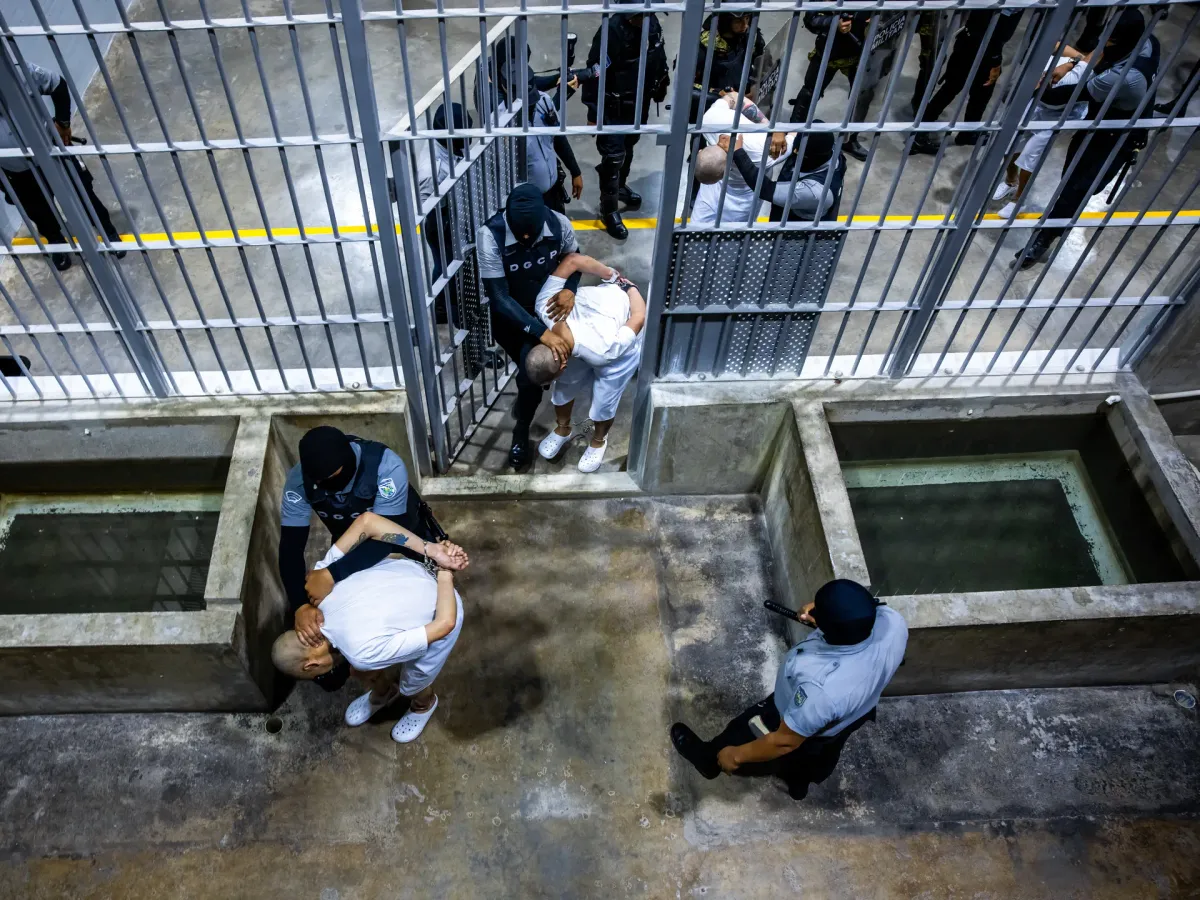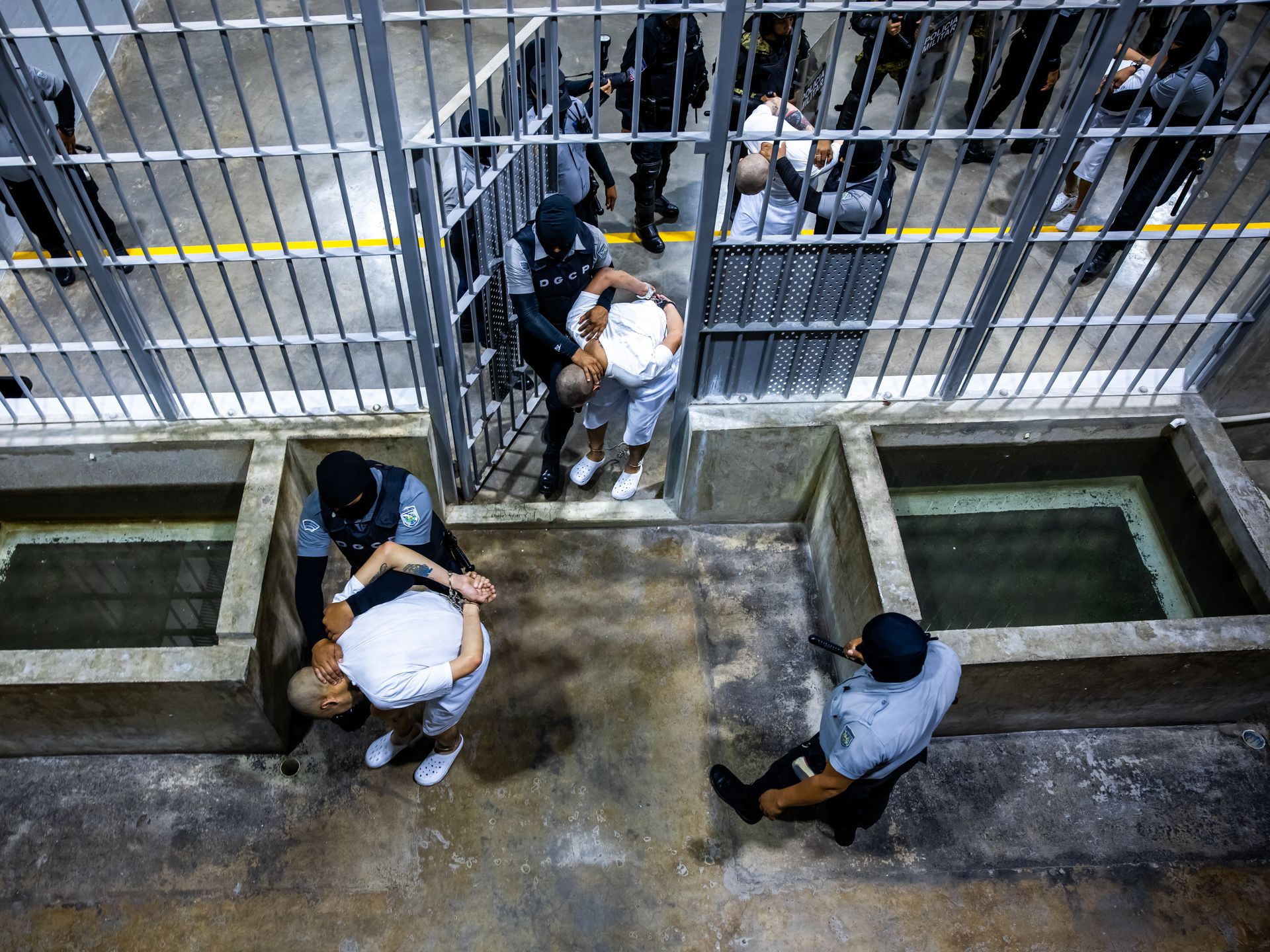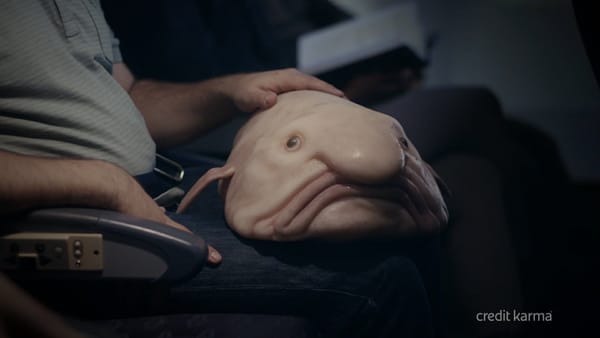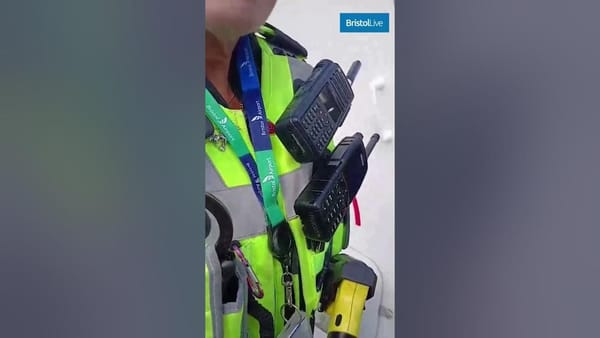U.S. government sent 238 migrants to brutal foreign mega-prison without trial

What happened to the 238 Venezuelan migrants who disappeared from U.S. custody?
Last month, the U.S. government flew 238 Venezuelan migrants from Texas to El Salvador's infamous mega-prison. But a shocking 60 Minutes investigation has uncovered disturbing details about who these men really are – and the flimsy evidence used to label them as "terrorists."

The Trump administration claimed all 238 men were dangerous gang members affiliated with Tren de Aragua, a Venezuelan gang. They invoked a 1798 law called the Alien Enemies Act, which hadn't been used since World War II, to bypass normal immigration proceedings and send them directly to CECOT – the "Terrorism Confinement Center" – a maximum security prison so harsh that El Salvador's own justice minister once said "the only way out is in a coffin."
But after obtaining internal government documents and cross-referencing court records, 60 Minutes discovered something disturbing: at least 75% of these men – 179 people – have no apparent criminal records at all.
Among those imprisoned is Andry Hernandez Romero, a 31-year-old Venezuelan makeup artist and theater performer who fled his home country because he was targeted for being gay. His lawyer, Lindsay Toczylowski, said he had already passed a credible fear interview and was on track for asylum when he suddenly disappeared from custody.
The government's evidence against Andry? Crown tattoos, which immigration officials claimed were gang symbols. His attorney explained they were tattoos honoring his parents – "his king and queen."
Time photographer Philip Holsinger, who witnessed the men's arrival at CECOT, heard Andry cry out: "I'm not a gang member. I'm gay. I'm a stylist." Holsinger reported that Andry cried for his mother as guards slapped him and forcibly shaved his head.
Another man, Jerce Reyes Barrios, was labeled a gang member because of a crown tattoo above a soccer ball – which his lawyer says represents his favorite team, Real Madrid, whose logo includes a crown. Officials also cited a 14-year-old Facebook post showing him flashing what they claimed was a gang sign, but his girlfriend says was just about rock and roll.
Alirio Guillermo Fuenmayor was working as a food delivery driver in Utah when immigration agents picked him up. Despite having no criminal record, he was sent to CECOT last month. His brother told 60 Minutes: "He is an innocent person, he has not committed any crime, and he's in a maximum-security prison."

The operation has raised serious legal questions. When a federal judge ordered the planes to turn around, flight tracking data shows they instead made a stop at a military base in Honduras before continuing to El Salvador – directly violating the judge's order.
The Department of Homeland Security has since invoked "state secrets" privileges to avoid answering questions about the flights or the evidence against these men. Border Czar Tom Homan, who previously told 60 Minutes they would prioritize removing those with convictions, has not explained the discrepancy.
ACLU attorney Lee Gelernt, who is leading the legal challenge against the deportations, pointed out that even during World War II, "Germans had the right to contest their designation under the Alien Enemies Act. As one of the judges pointed out in the Appeals Court, Nazis had more process than we're giving to these Venezuelan men."
The U.S. government is paying El Salvador $6 million to house these prisoners. When asked if the families would ever see their loved ones again, Gelernt's answer was chilling: "I hope so, but, you know, there's a real danger that they remain there."
For now, the 238 men remain in CECOT with no contact with their families or attorneys. When pressed if innocent Venezuelans with no gang ties might be trapped in one of the world's most dangerous prisons with no way out, Gelernt confirmed: "That's what I'm saying.




